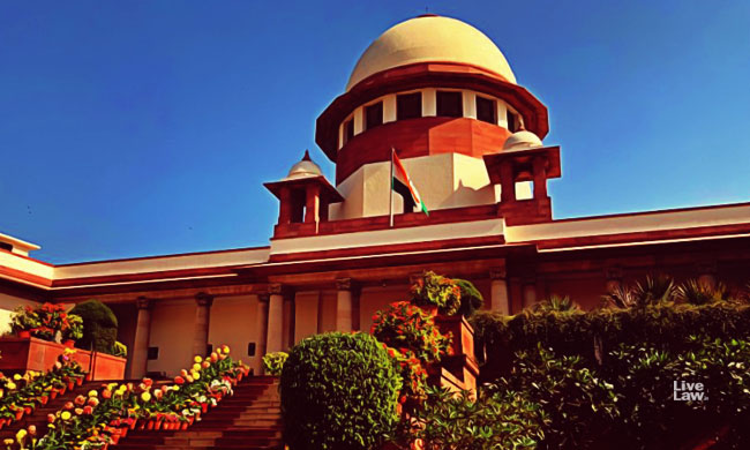Free Courses Sale ends Soon, Get It Now


Free Courses Sale ends Soon, Get It Now



Copyright infringement not intended
Picture Courtesy: www.livelaw.in
Context: The recent judgment by the Supreme Court of India elaborates on the limited applicability of Section 115 of the Civil Procedure Code (CPC) concerning the revisional powers of the High Court. The Court clarified that Section 115 cannot be used to challenge the dismissal of an application filed under Order IX Rule 13 of the CPC, which aims to set aside an ex-parte decree.
Details
Highlights of the Supreme Court's Ruling:
Scope of Section 115 of CPC
Nature of Ex-parte Decrees
Usage in Family Law Matters
Potential for Unfairness
Recourse for Affected Parties
Judicial Review and Fair Hearing
Conclusion
|
PRACTICE QUESTION Q. What is the primary characteristic of an ex-parte decree? A) It requires the presence and participation of both parties. B) It is a temporary judicial order issued without the presence of one party. C) It can never be challenged or reviewed by the court. D) It is a final and irreversible judgment. Answer: B Explanation: An ex-parte decree is issued without the participation of one party involved in the case. It is temporary and subject to review by the court after both parties have had an opportunity to present their arguments. |
© 2024 iasgyan. All right reserved